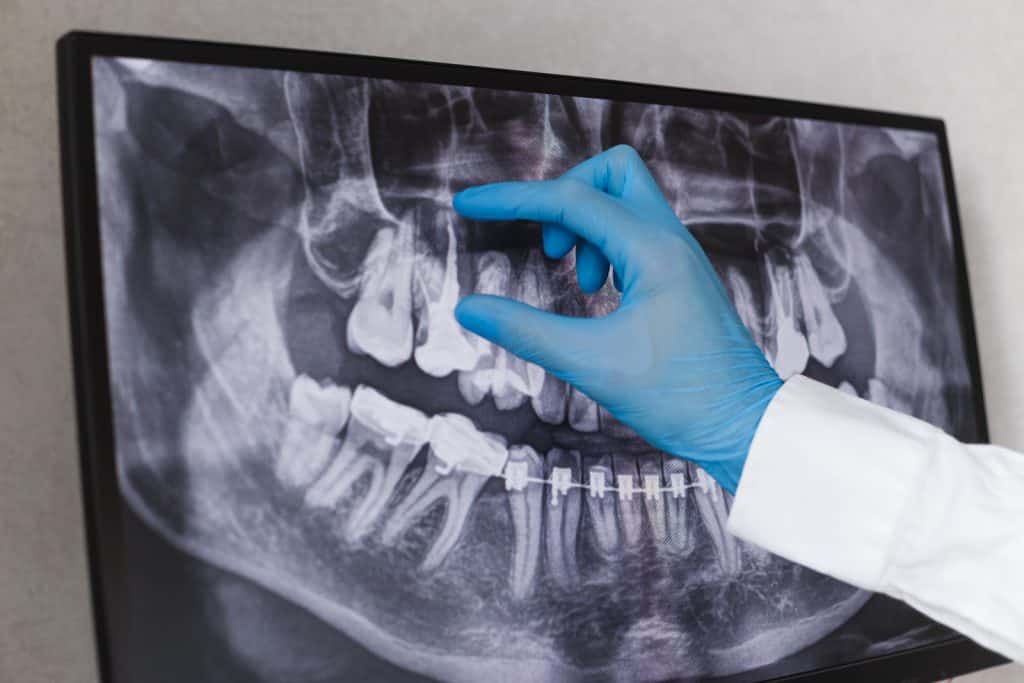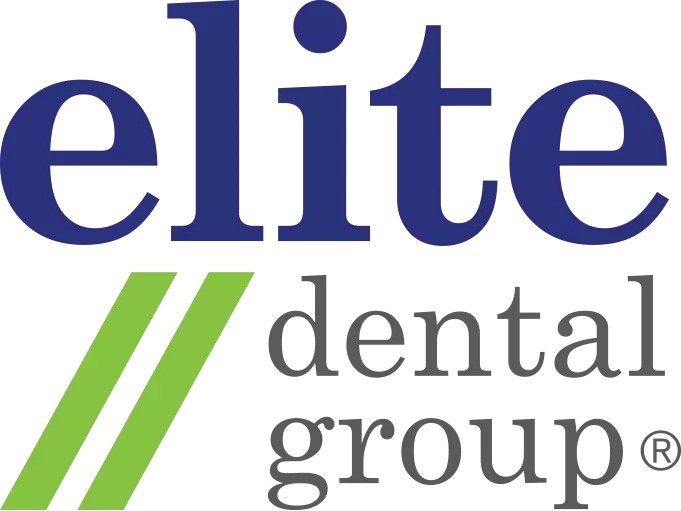
If your dental implants have fused with the bone successfully, and you have been getting regular maintenance after the placement of the implant-supported bridge or crown, there is no need to do anything else.
The Location of the Cancer
Because of advancements in radiation therapy, radiation exposure can now target the actual site of the cancer more precisely. In comparison to previous radiation therapy, incidental exposure is now more limited than in the past to places near the malignancy.
Therefore if your cancer occurs in your jaw, you will be exposed to radiation exposure. However, if your cancer is in the breast or pancreatic, there is a lower chance that your jaw is exposed to radiation. With the advancements in the precision of radiation therapy, you might not be at risk.
The Amount of Radiation Used During Radiation Therapy
Another factor to consider is the amount of radiation used. The amount of radiation used is dependent on the location of your tumor and the severity of the cancer.
While radiation is usually divided into smaller doses across a span of time, there are studies that link a radiation dose of 55 Grays (Gy) to a considerably greater chance of dental implant failure.
Tissue Damage From Radiation
The primary concern when it comes to radiation treatment in the neck or head region is the possible damage that it can do to the salivary glands, bone, and the nerves and blood vessels that come into the radiation field. As radiotherapy is customized based on the patient, your radiation oncologist will discuss this with you.
While radiation is effective in treating malignant tumor cells, it is not discriminating in the tissues it affects. In other words, while radiation can successfully eradicate dangerous tumor cells, it can also harm good tissue. This damage might happen anywhere from two weeks to two decades following therapy.
Those who have had radiotherapy to their jaw are at increased risk for osteoradionecrosis of the jaw. Osteoradionecrosis refers to bone death from radiation. Radiation destroys the bone’s blood arteries, causing it to die. Osteoradionecrosis is a rare adverse effect that occurs after radiation therapy has stopped working. It commonly affects the mandible, or lower jaw.
The condition can result in non-healing and secondary infection of the bony wounds from jaw surgery or new extractions, such as implant removal or placement. This condition can be painful and take months to heal completely. Unfortunately, it is also possible for the condition to develop many years after the completion of radiotherapy.
Prevention of Osteoradionecrosis
Osteoradionecrosis is generally an irreversible complication of radiation therapy. There is no known prevention of osteoradionecrosis. To reduce the risk of osteoradionecrosis hinges on the maintenance of excellent dental hygiene and avoiding oral surgery after radiation therapy.
Before starting radiation therapy, all patients should have a full dental examination and ensure that any necessary dental operations are completed. Some procedures that might be relevant in the first dental visit include:
- X-rays and a dental examination
- Teeth cleaning
- Fluoride trays impressions. Fluoride trays are soft plastic trays that are custom-fitted and used to apply fluoride. Fluoride is a mineral that is used to help prevent cavities.
What You Should Do After Radiotherapy
Excellent oral hygiene should be a top priority before, during and after radiotherapy is done.
As radiation therapy can cause mouth and throat dryness, and dry mouth can increase the occurrence of tooth decay, it is recommended to pay regular preventative maintenance visits to your dentist. This should be coupled with limiting the consumption of refined carbohydrates and sugar to avoid the development of Type II diabetes.
To manage mucositis and dry mouth that results from radiotherapy, it is possible that you might need artificial saliva (Biotene) and oral hygiene products that do not contain aggressive irritants or surfactants (menthol, alcohol, and other flavorants). The use of high fluoride mouth rinses and gels is effective in preventing aggressive gum disease and tooth decay.
High fluoride products are typically by prescription only. Some brands to look into include Durapat by Colgate and Carifree.
Fluoride treatments are essential during and after head and neck area radiation treatments. They should be done twice a day with fluoride trays that have been custom made for you by your dentist.
Talk To Your Dentist About Your Concerns
It is a good idea to chat with your dentist if you are worried about whether your therapies will raise the chance of dental implant failure.

 Elite Dental Group
Elite Dental Group